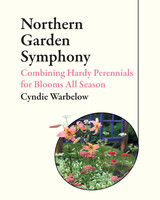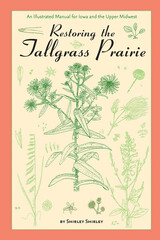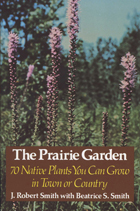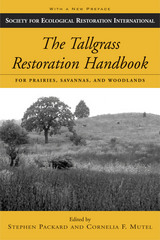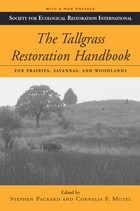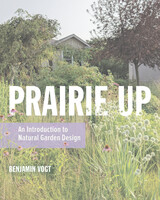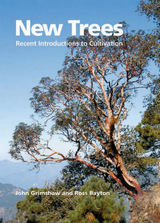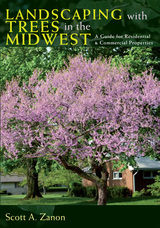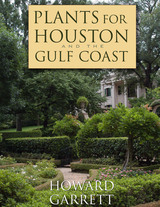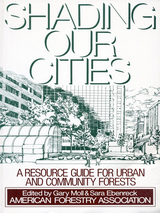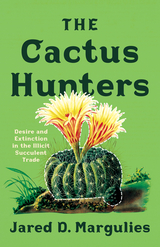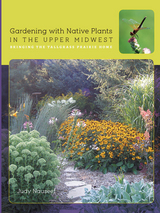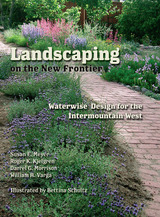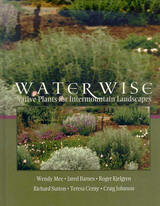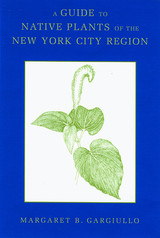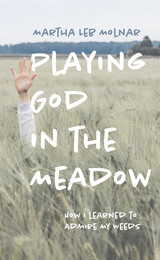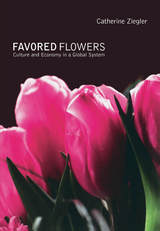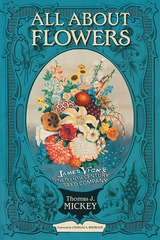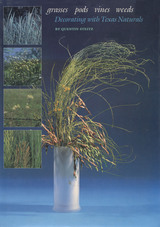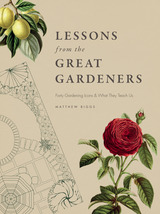Nature and Ideology: Nature and Garden Design in the Twentieth Century
Harvard University Press, 1997
Cloth: 978-0-88402-246-6
Library of Congress Classification SB439.N43 1997
Dewey Decimal Classification 712.01
Cloth: 978-0-88402-246-6
Library of Congress Classification SB439.N43 1997
Dewey Decimal Classification 712.01
ABOUT THIS BOOK
ABOUT THIS BOOK
This volume explores the broad range of ideas about nature reflected in twentieth-century concepts of natural gardens and their ideological implications. A possible definition—nature is ideology—suggests that nature can be seen as a systematic scheme of ideas held by particular social, political, and cultural groups, and that our definition of nature is a human intellectual construct. Historical and contemporary concepts of natural garden design provide evidence of these different concepts of nature. The desire to produce a natural garden design has fascinated many professional and amateur garden designers, and the essays in this volume investigate their use of earlier ideas of natural gardens and their relationship to the rich model that nature offers. The work of early twentieth-century natural garden advocates helped shape much of twentieth-century landscape architecture in both the United States and Europe, and the ideologies underlying the concepts of natural gardens show how political, economic, and social developments influenced design programs and decisions.
See other books on: Garden Design | Ideology | Landscape | Twentieth Century | Wolschke-Bulmahn, Joachim
See other titles from Harvard University Press

